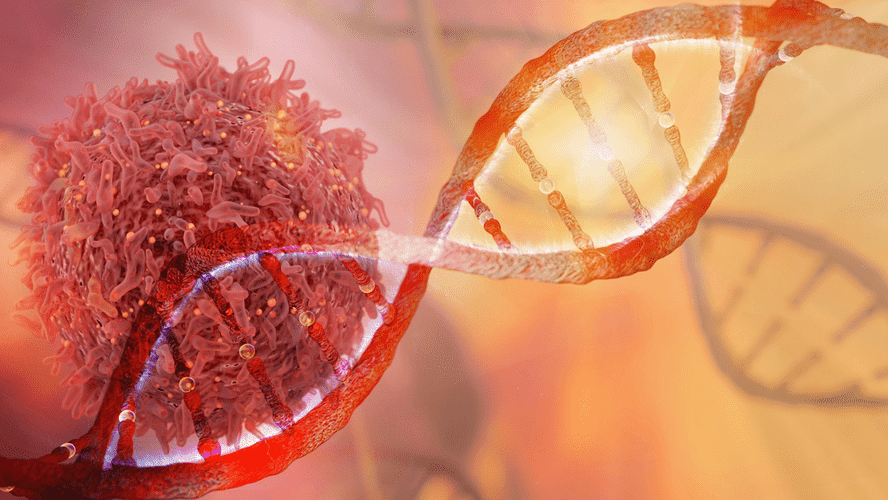The Verified badge on our articles is a trusted sign of the most comprehensive scientifically-based medical content. This is when the withdrawal symptoms tend to be at their peak, as the body struggles to adjust to the absence of the drugs. The abuse of stimulant drugs such as amphetamines is a growing problem in the United States. This amphetamine addiction crisis saw deaths related to its abuse rise 10-fold between 2009 and 2019. Some amphetamine drugs are legal and are found in prescription medication. Other amphetamines are illegal drugs and their production is unregulated.

Amphetamines: a current epidemic
Treatment for amphetamine addiction begins with medically supervised detox to manage withdrawal symptoms such as fatigue, depression, and drug cravings. Medical detox ensures safety and comfort while the body clears amphetamines. amphetamine addiction A 2024 Journal of Substance Abuse Treatment study found that 20% of people who use amphetamines recreationally develop dependence. Nevada treatment centers report a growing number of admissions related to prescription stimulant abuse, reflecting national trends. It increases dopamine and norepinephrine in the brain, improving focus and alertness. Due to its euphoric effects, it has a high risk of abuse and is a Schedule II controlled substance.
What is the difference between amphetamine and methamphetamine addiction?

Simultaneous use of alcohol with prescription amphetamines or illicit amphetamines can increase the chances of alcohol poisoning. The stimulating effects of amphetamine may allow consumption of higher volumes of alcohol and result in liver and muscle damage. The interaction between amphetamines and alcohol can also potentiate the effects produced by amphetamines. Similar interactions are also observed with cocaine and opiates like heroin. The effects of prolonged amphetamine Halfway house use may manifest physically and psychologically.
Treatment may cost less today – act before your deductible resets.
- It can lead to social isolation as individuals prioritize drug use over spending time with family members and friends.
- Yes, amphetamine addiction increases the risk of infectious diseases, especially if the drug is injected.
- Amphetamines stimulate and speed up your central nervous system and lead to an increase in heart rate and blood pressure.
- This is why it’s crucial to use them only under medical supervision, ensuring safe and effective treatment.
According to the National Survey on Drug Use and Health, roughly 4.8 million people in the United States abused amphetamines in 2015, which amounts to 1.8% of the country’s population aged 12 and older. When amphetamines are taken, they stimulate brain activity and activate the central nervous system. This can lead to improved cognitive function and help the user feel more alert and awake. Amphetamines can also make people generally feel more motivated and euphoric. While these are the most common signs to look for, some adverse effects may occur as well, including digestive problems, hallucinations, or aggressive, paranoid, or anxious behavior.
However, with the right support and treatment options, individuals struggling with amphetamine addiction can find a path to lasting recovery. Individuals suffering from a substance abuse disorder like amphetamine addiction may try to discontinue their drug use but often fail due to the adverse withdrawal symptoms and intense cravings. It is likely necessary to guide individuals to professional medical help and therapy and then support them through the recovery process. One way to initiate the step towards the person’s recovery is to stage a well-planned intervention with the help of close family and friends.
If you notice these warning signs of substance abuse in yourself or someone close to you, reach out to Ardu. Our addiction specialists can provide appropriate treatment and support for amphetamine dependence. Amphetamines alter brain chemistry to trigger an enormous release of dopamine and norepinephrine. These neurotransmitters control pleasure, motivation, energy, and attention. Experiencing withdrawal symptoms when attempting to stop using amphetamines signifies physical dependence.
- Aftercare initiatives, including structured aftercare plans, alumni programs, and sober living arrangements, provide ongoing support to prevent relapse and foster long-term sobriety.
- The risk becomes even more severe when amphetamines are mixed with other substances such as alcohol, opioids, or benzodiazepines.
- Amphetamine drugs are very likely to cause the following effects in addicts who abuse the drug in the long-term.
- Amphetamine abuse symptoms are more far-reaching than many people may realize.
- Contact The Recovery Villageto learn how professional treatment can help.
Short-Term Effects of Amphetamines
- Furthermore, collaboration and communication among interprofessional teams are emphasized, as this enhances patient outcomes by leveraging the expertise of diverse healthcare professionals.
- Symptoms of amphetamine overdose involve many of the symptoms observed after acute amphetamine use but are more severe.
- As with other CNS stimulants, mixing amphetamines and other substances can lead to serious side effects and fatal overdose.
- This supervised process involves gradually reducing drug intake while managing withdrawal symptoms.
Regular medical check-ups and dose adjustments are essential for those requiring long-term treatment. Many individuals with amphetamine addiction also have co-occurring mental health conditions. Dual-diagnosis treatment addresses both addiction and underlying mental illness simultaneously. This integrated approach increases the likelihood of sustained recovery by treating the whole person. Medication-assisted treatment (MAT) combines prescription medications with counseling and behavioral therapies to treat substance use disorders (SUDs) effectively. For amphetamine addiction, there aren’t specific FDA-approved medications, but some medicines, like bupropion, may help manage withdrawal symptoms and cravings.
Taking too much can overwhelm your body and drastically increase your chances of experiencing a heart attack, stroke, coma, or even death. With the right support, many people who have experienced SUD go on to live happy lives with strong relationships and positive health outcomes. A person may take years to be able to manage without the substance, and they may return to using a substance for some periods of time.